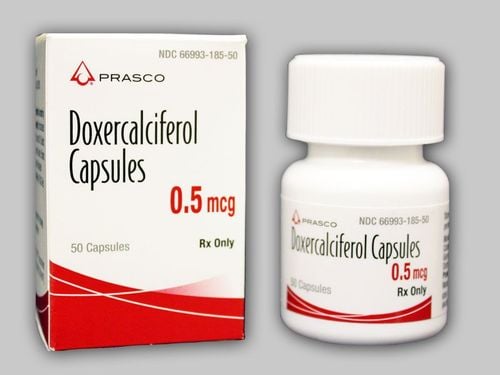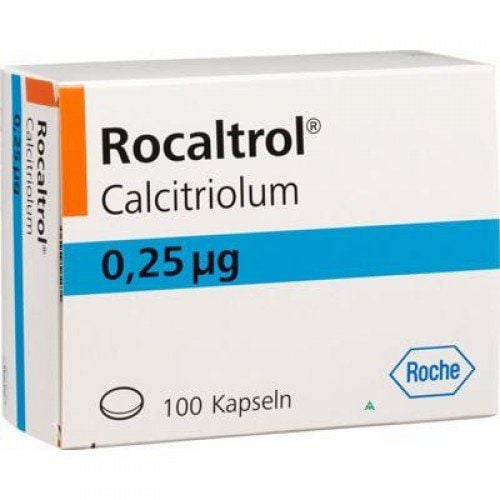This is an automatically translated article.
Lupus nephritis is a condition that occurs when the kidneys become inflamed, this is one of the most common complications in people with systemic lupus erythematosus, with severe cases can lead to chronic kidney failure.
1. Overview of lupus nephritis
Lupus nephritis is a common complication in people with systemic lupus erythematosus commonly known as lupus. Lupus is an autoimmune disease that causes the immune system to produce proteins called autoantibodies that attack tissues and organs, including the kidneys. Lupus nephritis occurs when lupus autoantibodies affect the structures of the kidney, affecting its function. This causes inflammation of the kidneys and leads to blood in the urine, protein in the urine, high blood pressure, impaired kidney function or even kidney failure due to kidney dysfunction over a long period of time.
Up to 60% of lupus patients have lupus nephritis. When the kidneys are inflamed, they cannot function properly. If left unchecked, lupus nephritis can lead to kidney failure.
About 3 out of 10,000 people worldwide are affected by lupus nephritis, including men and women. However, women are more affected than men, and it usually occurs in patients between the ages of 20 and 40. The disease can be controlled by minimizing risk factors.

Hơn một nửa số bệnh nhân mắc lupus ban đỏ bị viêm thận lupus
2. Symptoms of lupus nephritis
Lupus nephritis is a very serious complication. However, the symptoms of the disease are not always obvious. For many people, the first noticeable symptom is swelling of the legs, ankles, and feet. Others may experience swelling in the face or hands.
Symptoms of the disease may vary from person to person. Some signs of lupus nephritis include:
Weight gain High blood pressure Dark colored urine Foamy urine (due to excess protein in the urine) Increased need to urinate at night Blood in the urine Swelling in the hands, ankles or feet Not all urinary or kidney problems in people with lupus are caused by lupus nephritis. People with lupus are also very susceptible to urinary tract infections. Some drugs used to treat lupus can also affect the kidneys and cause swelling and other symptoms similar to those of lupus nephritis. Problems related to the drugs usually go away when the person stops taking them.

Mắc lupus làm tăng nguy cơ bị nhiễm trùng đường tiết niệu
3. Causes of lupus nephritis
Up to half of adults with systemic lupus erythematosus complicate lupus nephritis. Among the causes of lupus nephritis, genetics plays the most important role. Many genes, many of which have not been identified, are involved in this condition. The immune system protects the human body from infection, with a faulty immune system it cannot distinguish between harmful and beneficial substances.
Autoimmune plays a significant role in the pathophysiology of lupus nephritis. Autoantibodies directed against nuclear factors. Nucleosome-specific directed antigens, high-affinity autoantibodies that form endothelial immune complexes, and autoantibodies of certain isotypes that trigger complement are characteristic of lupus nephritis.
4. Very good habits for lupus nephritis patients
Certain lifestyle habits can help protect the kidneys. People with lupus nephritis should do the following:
Drink enough water to avoid dehydration Follow a low sodium diet, especially if you are at high risk for high blood pressure Avoid smoking and drinking alcohol. Exercise regularly. Maintain healthy blood pressure. Avoid medications that can affect the kidneys, such as nonsteroidal anti-inflammatory drugs (NSAIDs).

Cung cấp đủ nước cho cơ thể để giảm nguy cơ bị viêm thận lupus
Maintain healthy blood pressure Limit the use of foods high in cholesterol. Regularly check your health regularly to understand the disease's condition and offer the most appropriate treatment. If the patient has lost kidney function, the patient will be prescribed a diet low in potassium, phosphorus and protein. Lupus nephritis is the most serious complication, but most people with prompt treatment do not develop kidney failure.
To prevent lupus nephritis from getting worse and avoid emergency situations, prevent early kidney damage patients need to be diagnosed and treated early. Therefore, patients with lupus need regular check-ups and health monitoring in order to control their disease well. Currently, there is no specific treatment, the aim of treatment is to reduce the effects caused by symptoms of the disease.
Vinmec International General Hospital with a system of modern facilities, medical equipment and a team of experts and doctors with many years of experience in medical examination and treatment, patients can rest assured to visit. examination and treatment at the Hospital.
To register for examination and treatment at Vinmec International General Hospital, you can contact Vinmec Health System nationwide, or register online HERE.
References: mayoclinic.org, webmd.com













